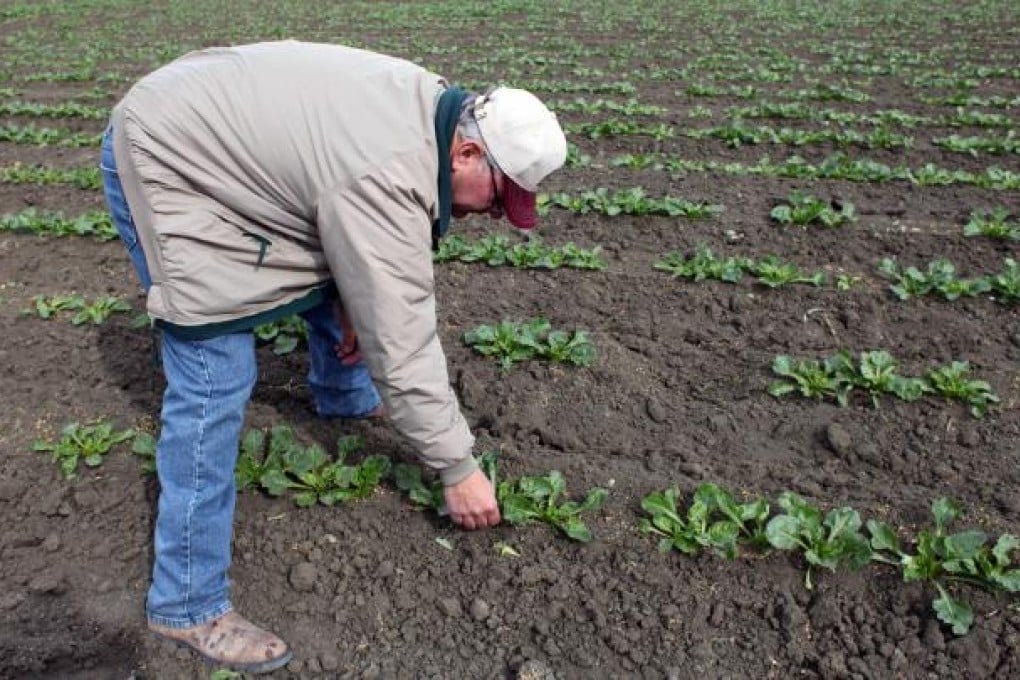Supply-chain flaws at heart of food scandals
Companies must overhaul their processes to end damaging scandals, Rabobank researchers say

With food scandals occurring on a weekly basis, food and agricultural (F&A) companies are having to repair their reputations.

Rabobank's food and agriculture research team recently released a report that addresses the flaws in the current global F&A supply chain structure, showing that closer co-operation is the key to improving the supply chain.
The supply chain has long been reliant on the fact that people will always need to eat. However, with increasing scrutiny of the quality and authenticity of food, the F&A sector can no longer operate under the old systems, with Western F&A companies already taking the initiative to remedy this.
"Global F&A companies have begun making changes in their supply chains following increasing quality control problems which have been experienced," said Paul Chen, managing director and regional head of food and agribusiness research and advisory at Rabobank.
According to the report, the dominant supply chain model is structured in a linear fashion. Suppliers, processors and retailers form short-term partnerships independent from the influence and interests of other members of the chain, creating a fragmented relationship with little communication.